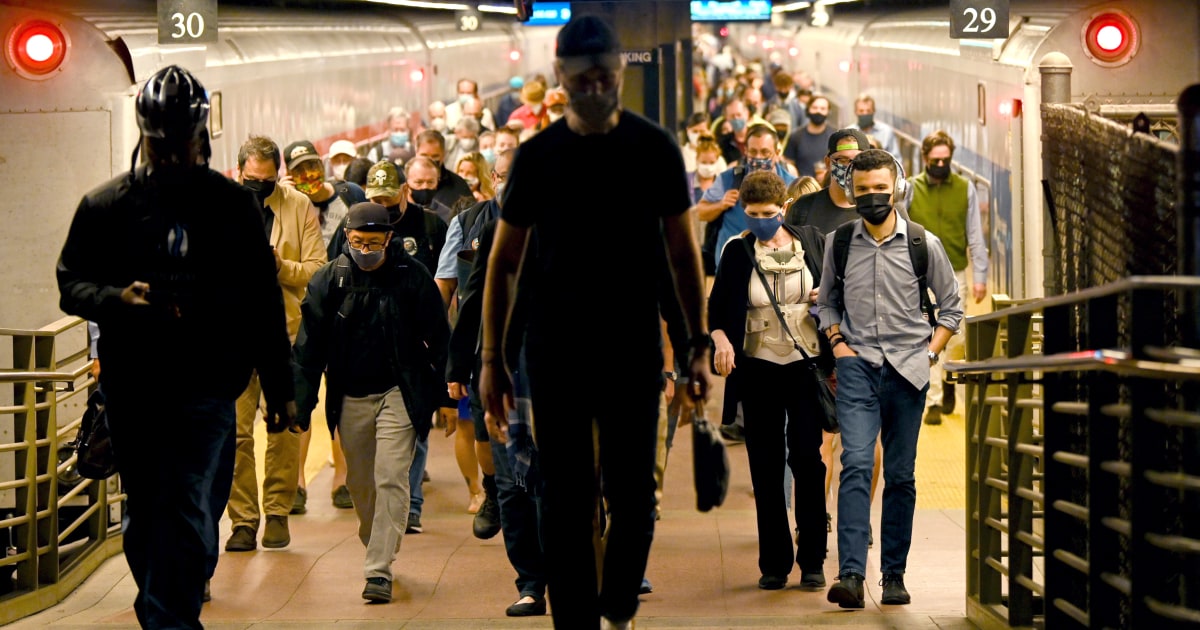AI-infused hiring programs have drawn scrutiny, most notably over whether they end up exhibiting biases based on the data they’re trained on.
They can ‘prove’ they don’t explicitly train the models on race or gender but that doesn’t really prove anything. A model will inevitably take into account data that it will correlate to race or gender- names, zip codes, education and financial history, etc, and those correlations will result in similarly biased decisions that regular human racism and sexism produce. Weeding that out completely may not even be possible.
I figure you’d audit it by examining the results, and if bias isn’t detectable in the results then I’d argue that’s at the very least still better than the human-based systems we’ve been relying on up til now.
Unequal outcomes isn’t evidence of bias.
Not inherently, but things can be tested.
If you have a bunch of otherwise identical résumés, with the only difference being the racial connotation of the name, and the AI gives significantly different results, there’s an identifiable problem.
That makes sense: empirical tests of the AI as you describe.
Isn’t the whole point of AI decision making to provide plausible deniability for these sort of things?
Depends how the law is applied…
Kinda like if a self driving car kills someone, who is liable, driver, manufacturer, seller?
I guess you pay insurance and they take on liability is another option.
The so-called AI parses your resume looking for keywords that match the job description. They anonymize and provide a summary. I don’t think there is much room for bias. Maybe if you use crappie software that doesn’t make the summary anonymous.
BTW write your resume for the algorithm not the manager.
It depends how “bias” has been defined. The Ibram Kendi definition is unequal outcomes. Since no two groups are identical, such definitions require bias to be “unbiased.” Australia tried to employ blind recruitment and hired fewer women and minorities. That’s true unbiased recruitment, but I suspect it wouldn’t be praised today.




